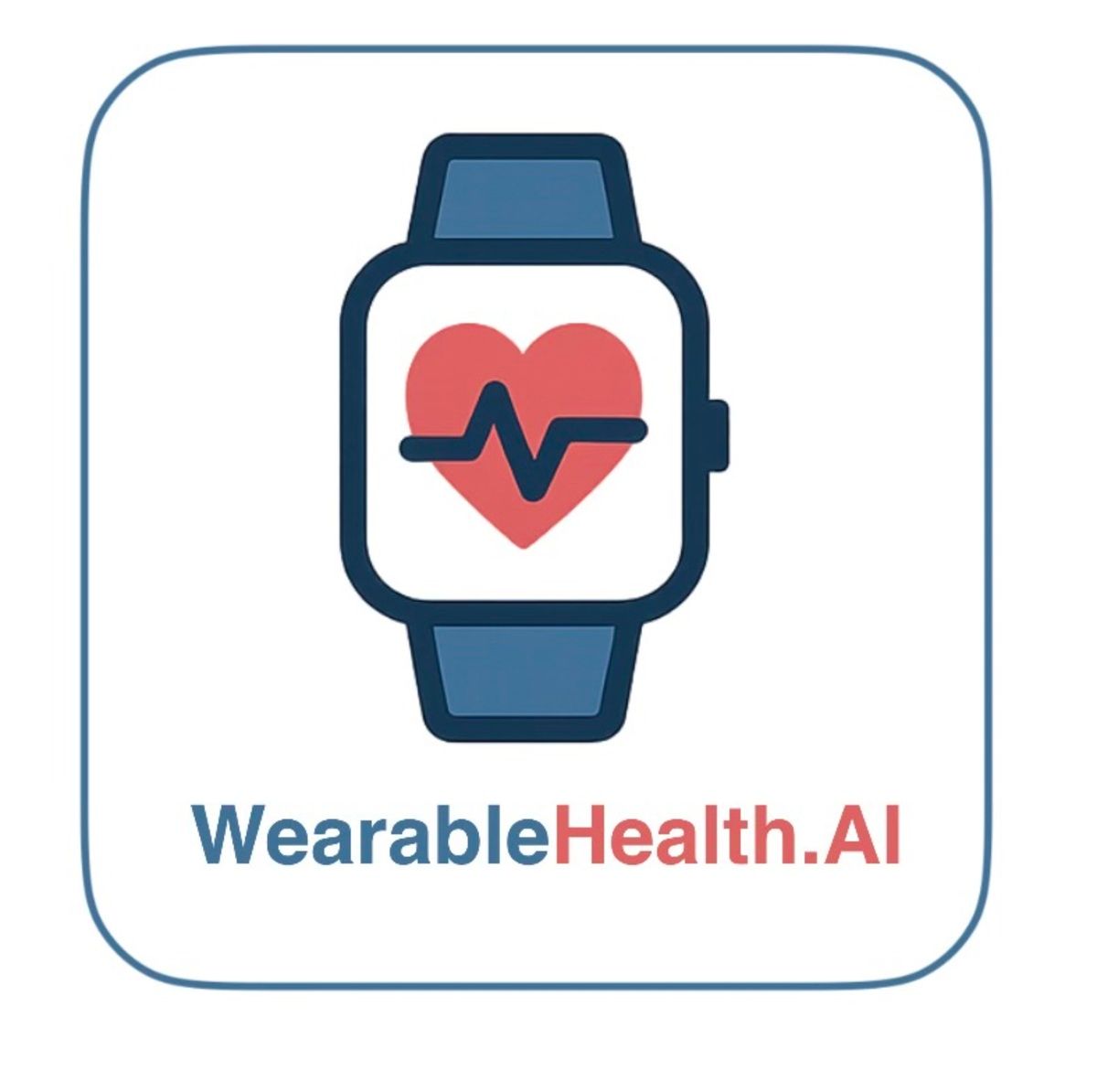The End of ‘Doctor Google’: The AI Doctors Changing Healthcare Forever
The era of “Doctor Google,” where patients anxiously search online for answers, is fading. In its place: Dr. ChatGPT, Dr. Claude, and Dr. Gemini. These AI agents aren’t replacing physicians—they’re redefining how patients prepare for and participate in their care.
As a practicing physician, I’ve seen firsthand the excitement surrounding AI tools in medicine. Used wisely, they don’t erode the doctor-patient relationship—they enhance it.
How Patients Can Use AI Beforethe Visit
1. Leveraging Wearables to Flag Issues
Wearables like the Oura Ring, Apple Watch, or WHOOP Band provide valuable insights—especially related to sleep, heart rate, and activity. AI can help translate these findings into actionable discussion points.
🧠 Prompt Example:
“My Oura Ring frequently records low oxygen levels at night. What should I discuss with my doctor?”
✅ AI Output May Suggest:
“Should I undergo a home sleep study to rule out sleep apnea?”
“Could this be related to nasal congestion, weight, or sleep position?”
“Are there cardiovascular or pulmonary conditions I should be screened for?”
By turning raw wearable data into focused talking points, AI helps patients bridge the gap between personal monitoring and clinical decision-making.
2. Giving Context: Family History, Symptoms, and Goals
Rather than walking into a visit uncertain or unprepared, patients can use AI to provide relevant context and generate focused questions. This is especially useful when family history and early symptoms may signal elevated risk.
🧠 Prompt Example:
“My father had a heart attack at 55, and my grandmother had high cholesterol. I’m experiencing occasional chest tightness and shortness of breath. What should I ask my cardiologist?”
✅ AI-Generated Talking Points:
“What screening tests are most important given my family history?”
“Should I consider genetic testing for inherited cardiac risk?”
“Are my symptoms concerning, or likely benign?”
3. Reviewing Labs: AI as a Translator
Lab results can be overwhelming—especially when they include advanced lipid markers. Instead of Googling isolated terms, AI can give patients a structured understanding.
🧠 Prompt Example:
“Explain my lab results: LDL 180, Lp(a) 60, ApoB 80. What do they mean for heart disease risk?”
✅ AI Output Summary:
LDL (Low-Density Lipoprotein): High levels raise heart disease risk.
Lp(a): A genetically driven cholesterol particle; elevated levels are independently risky.
ApoB: Reflects the number of atherogenic particles; higher = higher risk.
💬 Suggested Questions for Your Doctor:
“What’s causing these elevated markers?”
“What treatments exist for high Lp(a)?”
“What lifestyle changes could lower ApoB?”
My Takeaway
Microsoft’s recent MAI-DxO tool made headlines for diagnosing complex conditions with four times the accuracy of human generalists. The takeaway? AI isn’t a toy. It’s becoming a trusted clinical co-pilot.
But its most powerful role may be in empowering you, the patient.
Used correctly, tools like ChatGPT, Claude, and Gemini help you ask smarter questions, understand your health data, and prepare for meaningful conversations with your doctor.
The future isn’t AI vs. MD. It’s AI + MD—with you at the center.
